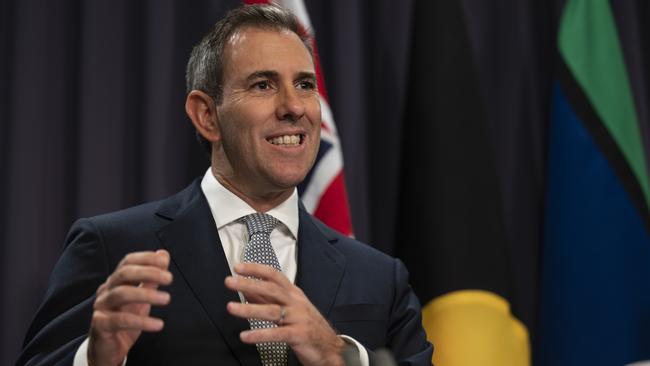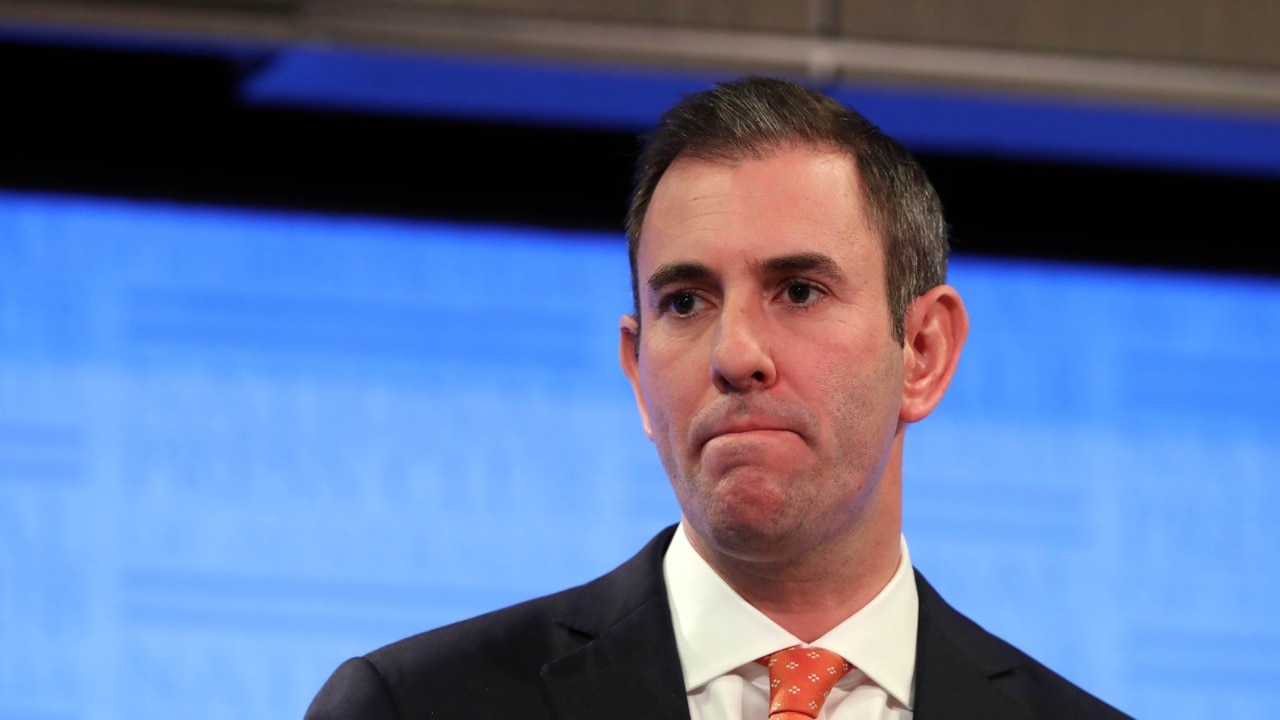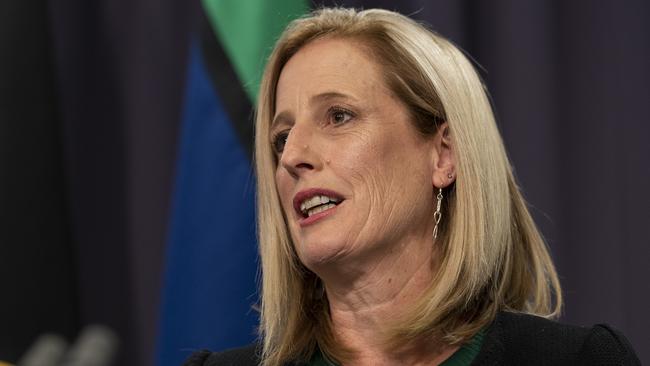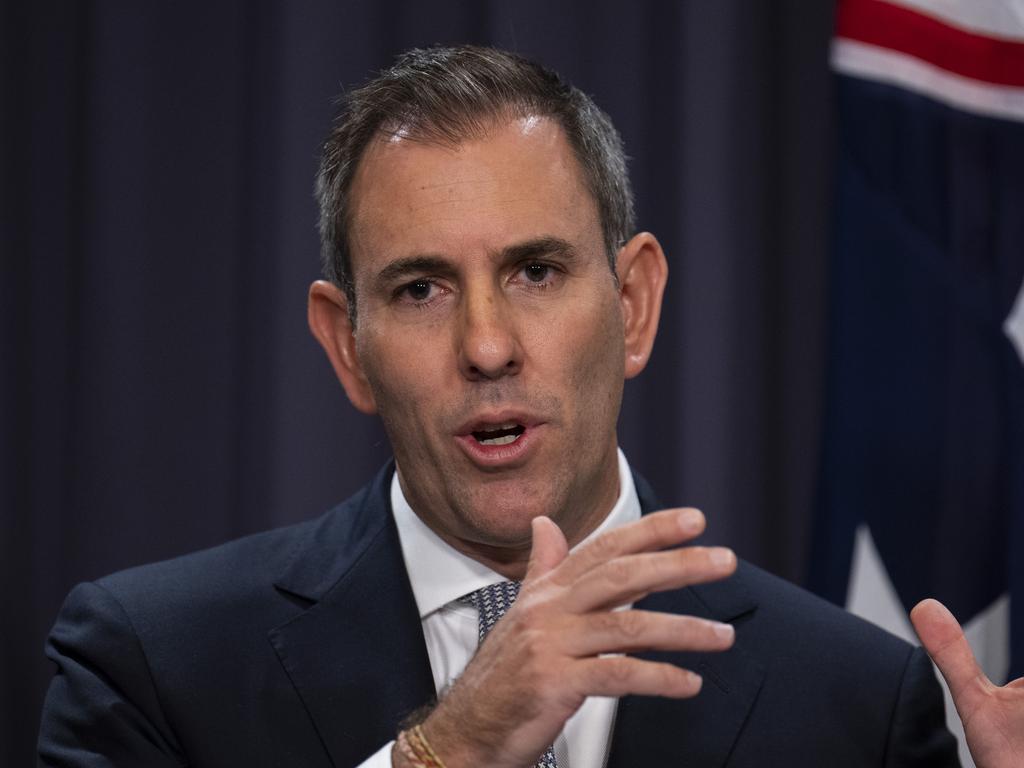Chalmers driven to break long-term unemployment and disadvantage
Jim Chalmers’ experience of growing up in Logan is driving his mission to break the ‘long-term unemployment and intergenerational disadvantage cancer in society’.

Jim Chalmers’ experience of growing up in Logan is driving his mission to break the “long-term unemployment and intergenerational disadvantage cancer in society”, with the government preparing to rollout measures in the budget and beyond to help more Australians into secure work.
The Treasurer, whose southeast Queensland electorate of Rankin includes some of the nation’s most economically-disadvantaged communities, said “we need to make sure that when the economy is creating jobs at the rate it has been under this government that more people can grab those opportunities”.
“This is one of my defining passions: to work out how we hook up more people to more opportunities in more parts of the country. There will be a substantial package in the budget on entrenched disadvantage in communities like the one I grew up in,” Dr Chalmers said.
He said reversing negative outcomes for communities gripped by long-term unemployment required a “dedicated approach” across the country to get more people into “great, secure, well-paid, meaningful jobs”.

Dr Chalmers will next week announce $200m for initiatives helping address entrenched disadvantage across Australia.
In a pre-budget interview with The Weekend Australian, the Treasurer said he was driven by helping “people in communities of entrenched disadvantage … grab those life chances”.
“We want to train them for those opportunities, we want to help them grab those opportunities. Long-term unemployment and intergenerational disadvantage is like a cancer in our society. We’ve got to address it,” he said.
“That will be a focus of the budget but also there’s a white paper on employment coming out later in the year, there’s work done by committees, Tony Burke and others on the job network to make sure that we can get people participating in the labour market if they can.
“We need to look after them if they can’t, but we need to help them if they can.”
Amid growing pressure on the Albanese government to increase the JobSeeker rate and provide more federal rent assistance, Finance Minister Katy Gallagher said managing welfare costs was a “huge challenge”.
“It’s a big part of the budget. I don’t see it as a cost. It’s obviously an investment that all governments accept is important. Any change to that, because it’s so big, any change to it is big. Even a small tweak has it in the billions category,” Senator Gallagher told The Weekend Australian.

The Australian earlier this week revealed that despite historically low rates of unemployment and severe labour shortages, the Albanese government was struggling to move more Australians off JobSeeker payments and into work.
Senator Gallagher said the government was fully focused on “how we respond to the group that relies heavily” on JobSeeker and other welfare payments.
“Payments are not the only way to help a group who live on social security payments. You’ll see the thinking behind that in the budget,” she said.
Department of Social Services data shows that 921,000 Australians were on JobSeeker and Youth Allowance (Other) payments at the end of March. Since the May federal election, almost 60,000 Australians have moved off JobSeeker payments but the overall cohort of recipients remains higher than pre-pandemic levels.







To join the conversation, please log in. Don't have an account? Register
Join the conversation, you are commenting as Logout